
Nanga Parbat Film Renews Friction Between Legendary Climbers
The newly released film 'Nanga Parbat' has reignited a blazing feud surrounding the death of Günther Messner.
The film, a portrayal of the 1970 climb of the infamous Rupal Face on the giant Himalayan peak of Nanga Parbat, has come under widespread criticism for its defamatory characterisation of several now dead expedition members.
"To put it succinctly, the film is simply poor." commented Steffen Kern of the German climbing magazine and website Klettern.de.
Steffen refers not only to the quality of the acting, but of the overall ethical stance of the film. There has long been bitter contention over the truth behind the chain of events that led to the death of Günther Messner after he and his brother Reinhold's ground-breaking ascent of Nanga Parbat.
World famous climber Reinhold Messner has always maintained that Günther was killed in an avalanche whilst they descended the Diamir face on the Western side of the mountain, but Reinhold's critics have often levelled the accusation that he abandoned his altitude-sick brother high on the mountain.
Several books were published by other members of the ill-fated expedition which were highly critical of Messner's actions. Messner described the revelations from his former climbing partners as "made up to sell books". He then felt compelled to respond with his own book, Naked Mountain, which he wrote to set the record straight.
Regardless of which turn of events was the actual happening, this new film, which openly markets itself as being the story told by Reinhold, has been taken as a direct insult to deceased members of the expedition, as well as being labelled factually incorrect.
Gerhard Baur, a surviving member of the expedition, told the German website Spiegel that "It is a constructed story, and is not the truth about Nanga Parbat ... it is presented as if it were a documentary when it doesn't reflect the facts..."
Steffen Kern's main objection to the film is the crass misrepresentation of several of the deceased expedition members, including a scene where they are shown to rejoice when they suspect that the Messner brothers are dead.
Reinhold Messner, the now legendary climber whose character stars in the film, survived the Nanga Parbat climb, his first major Himalayan route, and the ensuing aftermath, and went on to become one of the World's most successful mountaineers with an unparalleled CV in high altitude climbing. Crowning moments include the first ascent of Everest without supplementary oxygen, and becoming the first person to complete all 14 8000m peaks.
Messner says on the German magazine and website Klettern.de that the film was a collaboration between him and the director Joseph Vilsmaier and that the pair had formed a strong bond whilst making Nanga Parbat.
"I am in total agreement with Joseph Vilsmaier - the best film scripts are written by real life. All we need to do is recount what has happened to arouse strong emotions in the viewer." commented Messner.
Other people involved with the ascent don't agree that this film does recount what happened and it is regarded by many as more fiction than fact. Klaus Herrligkoffer, the expedition leader's son, failed to recognise his own father due to him being cast as a "tyrant using unspeakable Nazi rhetoric" as described by Kern in his damning review of the film.
Quoted in the Guardian, Herrligkoffer stated "I don't recognise my father as he's been portrayed in the film, and because he's dead he cannot defend himself."
Can any mountaineering incident and consequential emotional backlash justify the outright defamation of the dead? Or has Reinhold Messner finally spilled the beans on what actually happened on Nanga Parbat?
- Read Steffen Kern's full review of the film here: UKC Review - Nanga Parbat.

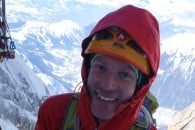

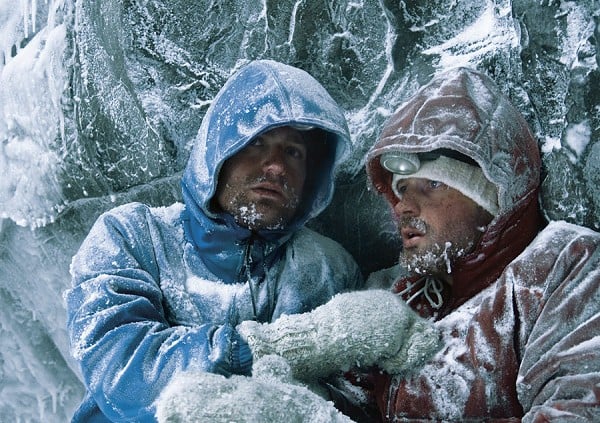


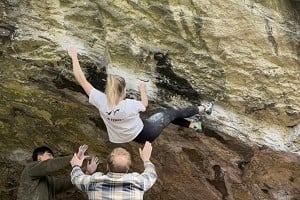
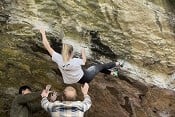
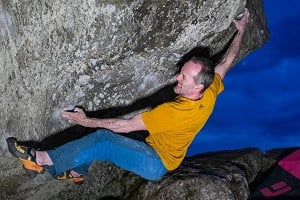
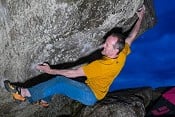
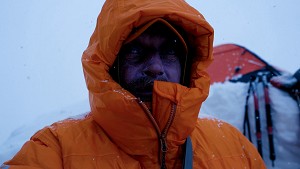

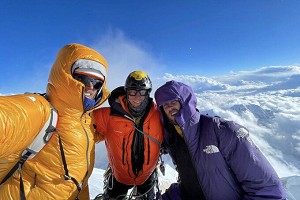
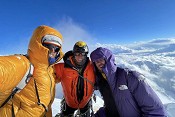
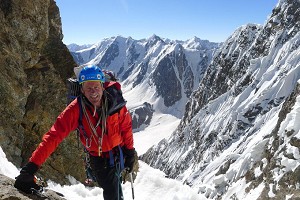
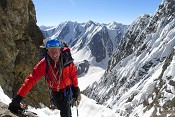
Comments